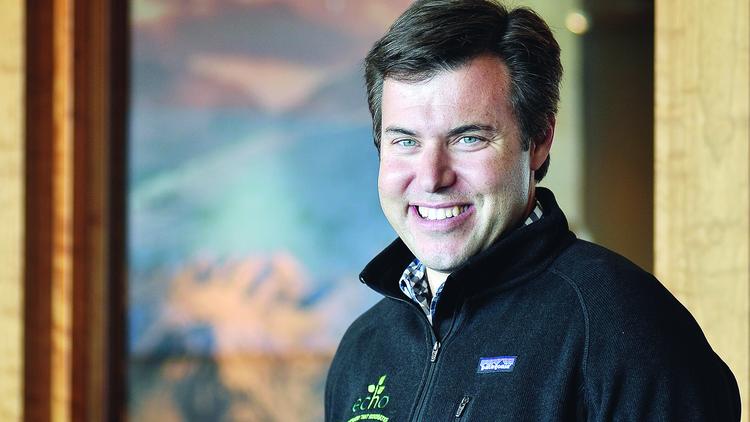
In a letter to employees yesterday, Vail Resorts CEO Rob Katz announced that the company will ‘significantly increase the minimum wage for hourly employees in the United States.’
Effective from winter 21/22, employees paid hourly in Colorado, California, Utah, and Washington state will be paid $15.00 per hour. The company will also offer paid sick leave to all full-time seasonal workers next year.
The announcement came the same day that Vail Resorts posted their third-quarter earnings. The company beat expectations with $275-million profit on $889-million revenue.
In April 2020, the company furloughed all hourly year-round workers for the next month and instituted six-month pay cuts for salaried employees of as much as 25%.
Recently unionized patrollers at Breckenridge and Crested Butte, CO, Park City, UT, and Stevens Pass, WA, will not receive the raise.
For employees who are represented by a union, wages and benefits will be addressed as part of the standard collective bargaining process.
Full letter below:
Today we are announcing a significant increase in the Vail Resorts minimum wage for our hourly employees in the United States.
Effective for the 2021/22 winter season, the Vail Resorts hourly minimum wage will increase to $15.00 per hour in Colorado, California, Utah and Washington state. We will also be increasing the minimum entry wage in our Eastern resorts on a market-by-market basis, giving consideration to the unique dynamics at each individual resort and the local competitive market. Based on this review, each Eastern resort will establish their specific new wage rates locally by July 15.
In addition to these minimum wage increases, we will be making adjustments for hourly employees earning just above minimum wage to account for the impact of wage compression by using differentials built into our current pay structure. For all other employees (seasonal and year-round) who are not impacted by these changes, we will be returning to our historic practice of annual 3% merit, adjusted for performance as appropriate. The cost of these wage changes will be the largest single investment we make as we head into next season
We are also announcing today that effective winter 2021/22 we will be offering paid Sick Time Off to all seasonal full-time employees who are not already eligible, in addition to COVID-19 Emergency Sick Leave (ESL). It is important to us that all full-time employees are able to take time off when they are sick so they can focus on resting and recovering. This change means all seasonal full-time employees in the US will have the same paid Sick Time Off benefits as year-round full-time employees, including employees in states which are not currently eligible. This enhancement also eliminates the hours worked requirement currently in place in Utah and New Hampshire, and improves the Sick Time Off benefit for employees covered by a state-required plan in California, Nevada, Vermont, and Washington
For employees based at GTLC, revised wages and benefits for summer 2022 will be confirmed at a later date. For employees who are represented by a union, wages and benefits will be addressed as part of the standard collective bargaining process.
I want to thank each and every one of you for your exceptional commitment and dedication to our company and delivering an Experience of a Lifetime to our guests – | am very much looking forward to a fantastic winter season for 2021-2022.
Rob Katz
Chief Executive Officer

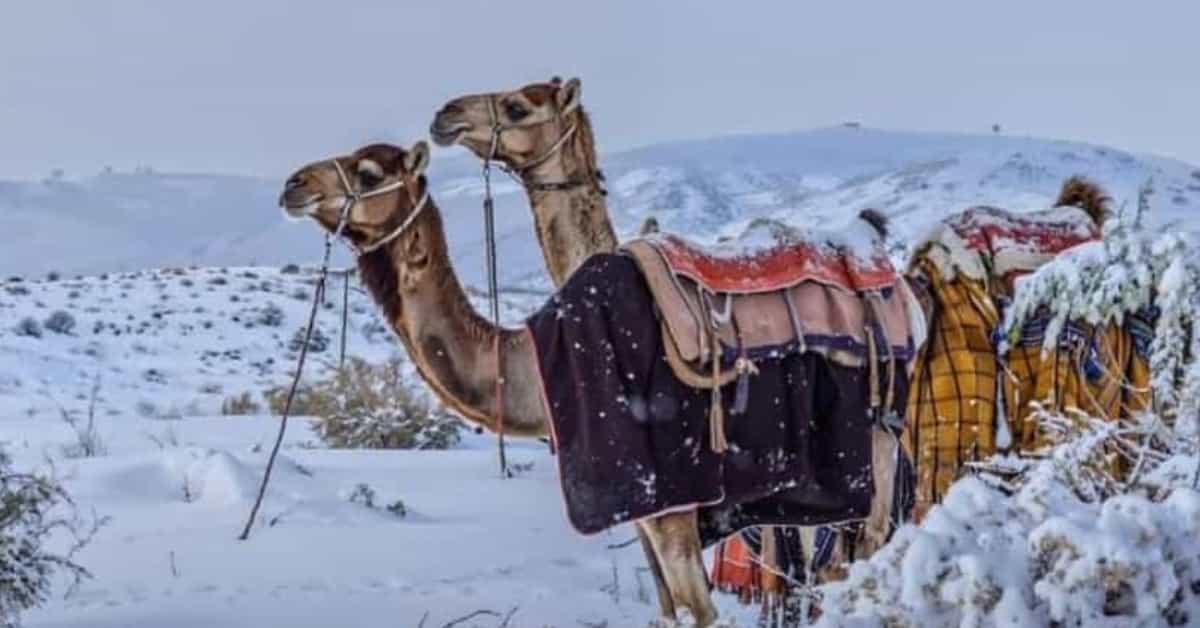
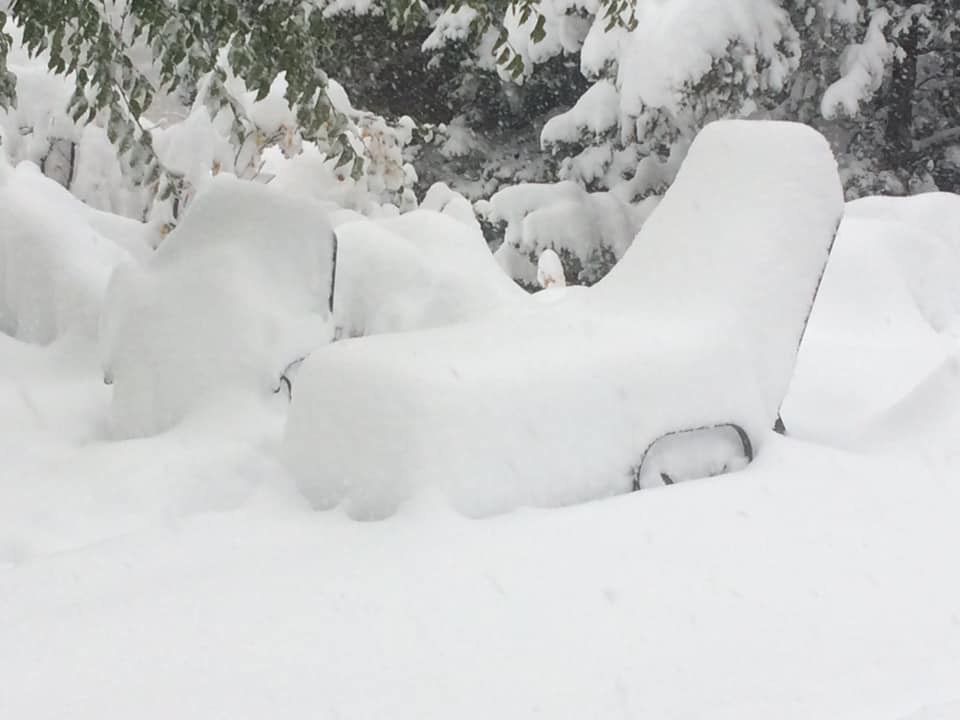
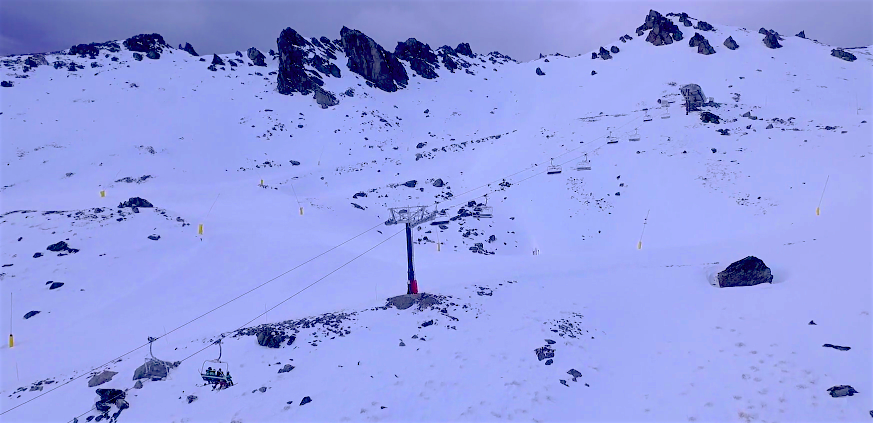
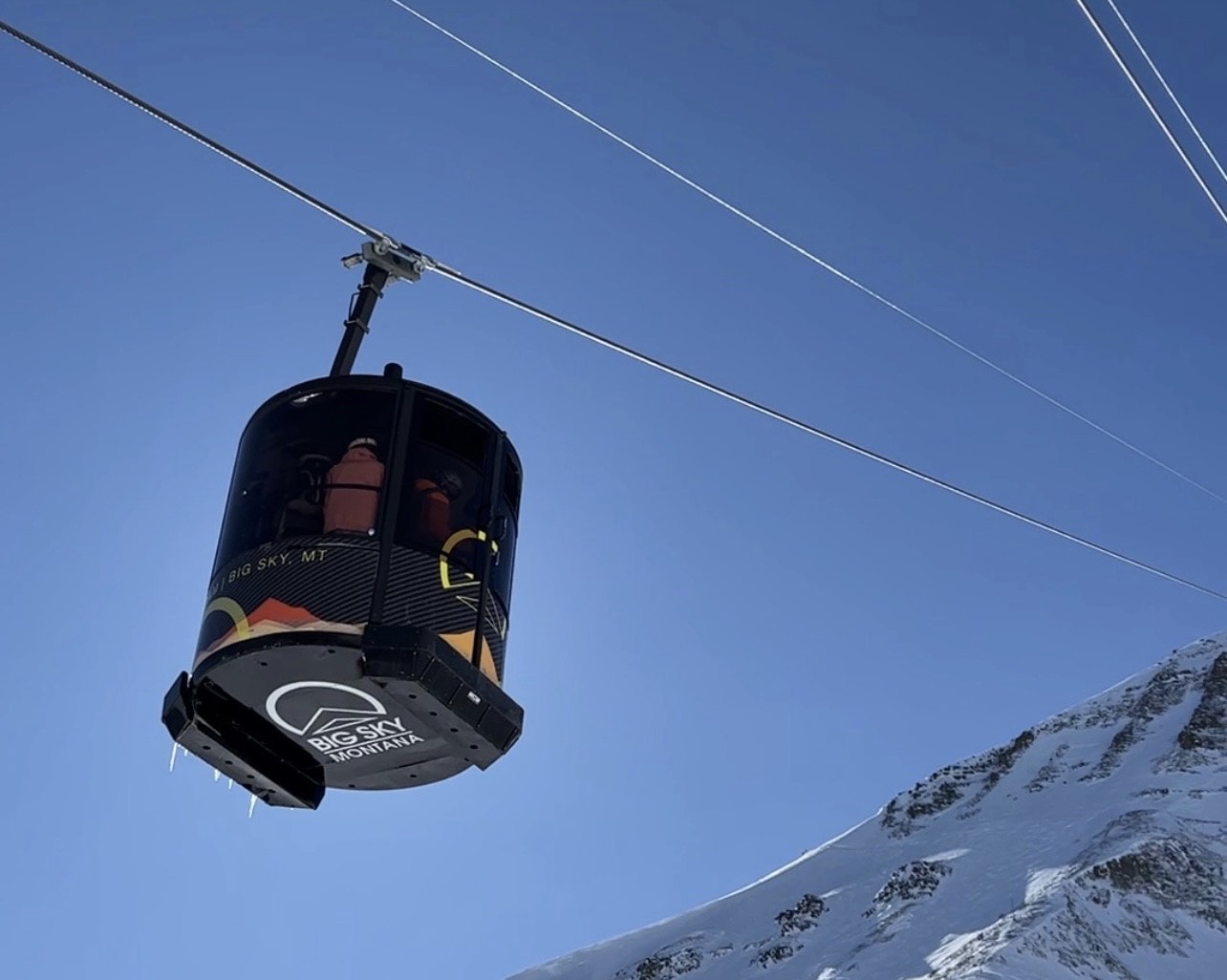
Vail resorts earned $275 million in profit , why is it so hard for vail resorts to spend 20/30 percent of that profit on employee housing ? More people would apply for jobs at ski resorts if they have guaranteed housing, and it needs to be affordable as well. These mega ski resorts are raking in hundreds of millions of dollars in profit and yet they actively ignore the housing shortage. This is not a new problem.
The Town of Truckee is in a real estate selling boom and is so far away from a sufficient amount of affordable housing for seasonal employees.
But it’s probably not going to snow anymore so maybe the problem will solve itself ! One way to help solve the shortage is to get rid of AIRBNB .
Building employee housing doesn’t help in the long run. Aspen built tons of employee housing and they still have a housing shortage. The root problem is people don’t understand where they’re at, in a finite valley, not an ever expanding infinite space. The system is broken.
Doesn’t matter how much you pay if there’s nowhere for employees to live. Tar ghee has it figured out and is building employee housing, who else is? Look at the newspaper in Crested Butte, four pages of jobs available, Zero rentals
The town of Crested Butte was talking about the housing crunch ten years before it truly set in, and in all that time decided to do nothing
big deal. minimum wage in California is $14
It’s a big deal to a lot of their employees, MIKE
Washington min wage $13.50
Colorado min wage $12.32
Utah min wage $7.25